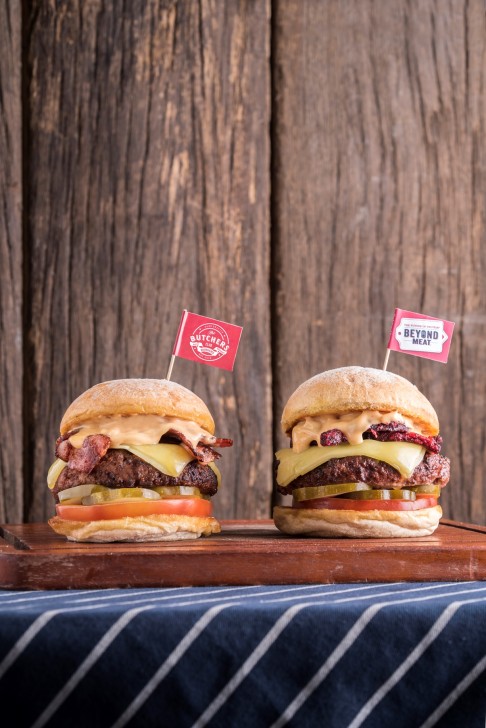
Taking root: Flexitarianism – shift towards vegetarian diet – identified as a major food trend
Growth in greener living shows how many are heeding warnings that “our need for food poses one of the biggest dangers to the planet”
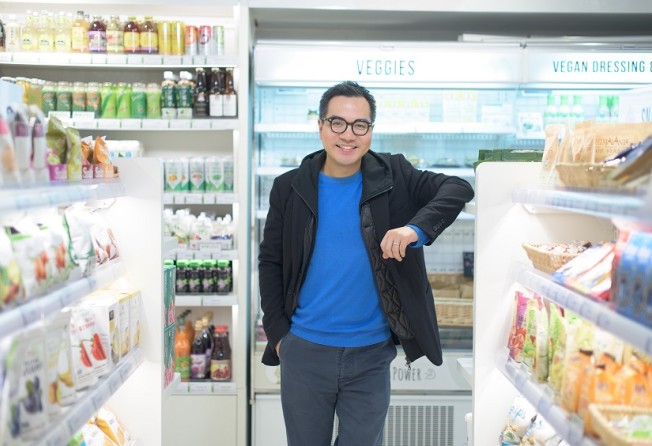
It might seem unpalatable to put our food decisions and environmental degradation in the same basket. But what we eat, and how far it’s come to get to our table, is inexorably linked to greener living.
As Green Monday, a Hong Kong-based social venture promoting sustainable lifestyles reminds, “the truth is, our need for food poses one of the biggest dangers to the planet and is one of the largest contributors to climate change”.
Scientists warn that the human race is in danger of consuming itself out of existence. David Yeung, founder of Green Monday and Green Common, a “plant-based green living emporium” with outlets in Hong Kong, says the earth’s resources are finite: our world “simply cannot support” the kind of lifestyle where everyone drives SUVs and eats steak one day, beef burgers the next.
Besides, adds the Food and Agriculture Organisation of the United Nations, raising livestock for human consumption causes more damage to our environment than all the transport vehicles combined. So, while it’s easy to tick the carbon offset option to feel better about flying, everyday choices can have a far greater impact. The latest figures from WWF show that 76 per cent of Hong Kong’s ecological footprint comes from the daily consumption habits of individuals, families and businesses.
Eating more plant-based and organic foods is easier thanks to the growing environmental movement in Hong Kong. The social group Meat Free Hong Kong says vegan restaurant choices in the city have doubled in recent years, while Yeung reports that the number of 'flexitarian' citizens has grown from 5 per cent before Green Monday, to 22 per cent.
Yeung describes flexitarianism – a predominantly vegetarian diet - as one of the biggest food trends of 2017.
“There is no need to create a binary situation where you are either a meat-eater or a vegan,” he says. “Green Monday specifically emphasises that it is not necessary to take a dramatic full plunge, which may create further conflicts from a lifestyle and social standpoint.
“To ease the transition, the better way is to change the portion of what we eat, from a meat-heavy diet to a plant-centric diet, or pick a certain day [or days] each week to go plant-based. Another path is to cut the most high-carbon and resource-intensive meat such as beef and lamb.”
Meat-speciality restaurant chain The Butchers Club is now pushing a vegetarian option. The launch in Hong Kong of a plant-based meat substitute perfected by Silicon Valley food tech company Beyond Meat convinced its founder, Jonathan Glover, to put their product on his menu.
Glover is targeting the meat-eaters among us, challenging committed carnivores to try it for themselves.

He describes the Beyond Burger as “a great alternative to beef”. “There’s a great deal of hype about this burger with numerous high profile people involved - Bill Gates being one - and having worked with the product, I can see why so many great minds are rallying behind it. We’re excited to join them.”
Those wishing to try cooking it at home can pick up some burgers among the Beyond Meat products at Green Common outlets in Harbour City, Tsim Sha Tsui; The Landmark in Central; Wan Chai and Green Common x OVO on Des Voeux Rd, Central.
Produce with fewer “food miles” to account for is easier to access now that Hong Kong has so many organic farms. One farmer has embraced technology as well to make sourcing more convenient.
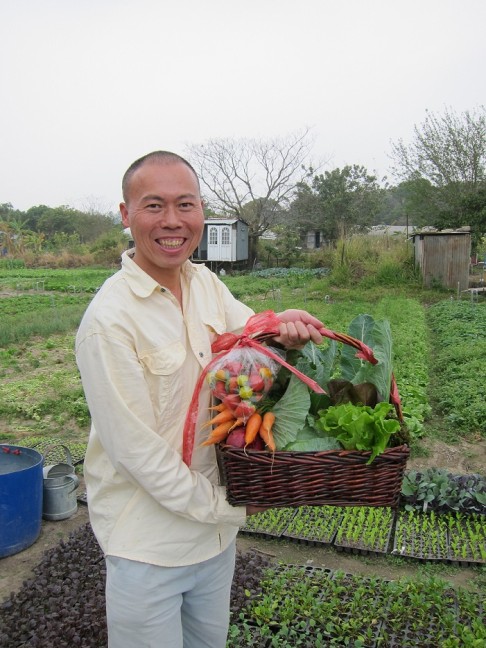
When he switched from office worker to organic farmer in 2010, Wong Yu-wing, owner of AuLaw Organic, believes he was one of the few. Now, more organic farms are operating around the Kam Tin countryside where Wong grows about 100 vegetables, fruits and herbs year-round.
Wong believes many Hongkongers want to buy organic vegetables, but they do not have the time to go to the New Territories to find local markets. So he developed an app for them.
Seasonal produce is listed on the AuLaw website each week. “Once we receive an order via the app, we will arrange the delivery method which depends on the address provided or the customer’s preference,” Wong said. Door-to-door or collection-point delivery is offered. “Customers can contact me directly for further inquiries via Facebook or WhatsApp.”
The business is growing well, says Wong, who is targeting a fivefold production increase over the next few years. “We have many customers inquiring daily which shows the growth of greener living in Hong Kong,” he says. Wong says organic vegetables are part of a lifestyle moving hand-in-hand with the environment.
Some enterprises are educating children about the origins of food. Rainbow Organic Strawberry Farm in Fanling welcomes families to pick their own produce out in the field from whatever is in season.
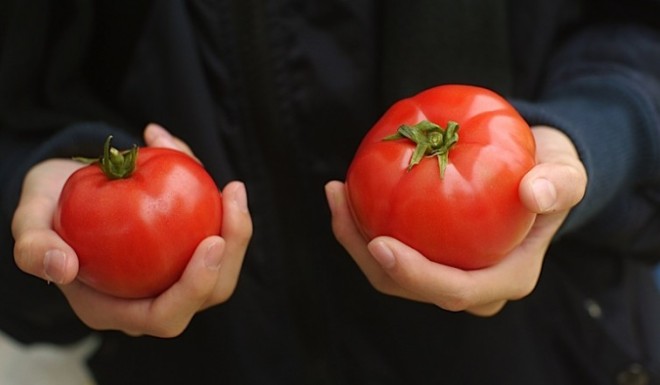
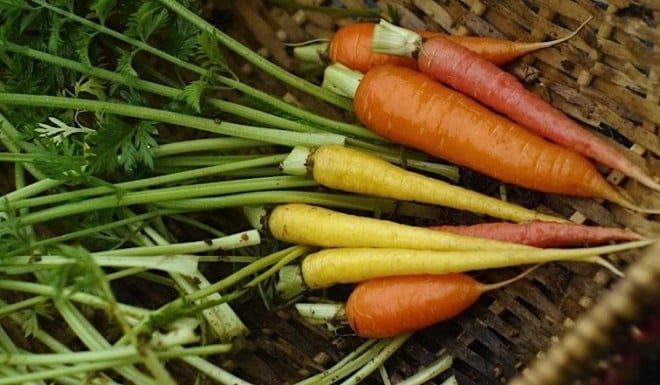
At Zen Organic Farm, Ta Kwu Ling, northern New Territories, visitors get to taste the difference in fruit and green vegetables which are harvested at the peak of their flavour and nutritional value. “We are happy to organise half or full-day educational programmes for schools and group visitors,” says Joey Ng Pik-wan, a keen gardener and food lover whose family owns the farm which opened in 2010.
During these events, children and adults are introduced to new vegetables, herbs and edible flowers, participating in a harvest, enjoying a healthy, farm-to-table lunch, and learning about holistic wellbeing. After lunch, kids get their hands dirty by planting seedlings in the soil.
For those who care about what they eat, Ng says, a visit to one of Hong Kong’s organic farms “is the first step on a journey that will surely transform your ideas about real food”.